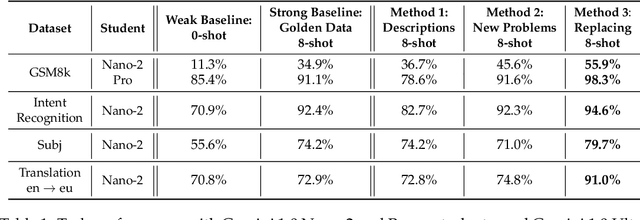Duc-Hieu Tran
Can LLMs get help from other LLMs without revealing private information?
Apr 02, 2024



Abstract:Cascades are a common type of machine learning systems in which a large, remote model can be queried if a local model is not able to accurately label a user's data by itself. Serving stacks for large language models (LLMs) increasingly use cascades due to their ability to preserve task performance while dramatically reducing inference costs. However, applying cascade systems in situations where the local model has access to sensitive data constitutes a significant privacy risk for users since such data could be forwarded to the remote model. In this work, we show the feasibility of applying cascade systems in such setups by equipping the local model with privacy-preserving techniques that reduce the risk of leaking private information when querying the remote model. To quantify information leakage in such setups, we introduce two privacy measures. We then propose a system that leverages the recently introduced social learning paradigm in which LLMs collaboratively learn from each other by exchanging natural language. Using this paradigm, we demonstrate on several datasets that our methods minimize the privacy loss while at the same time improving task performance compared to a non-cascade baseline.
 Add to Chrome
Add to Chrome Add to Firefox
Add to Firefox Add to Edge
Add to Edge